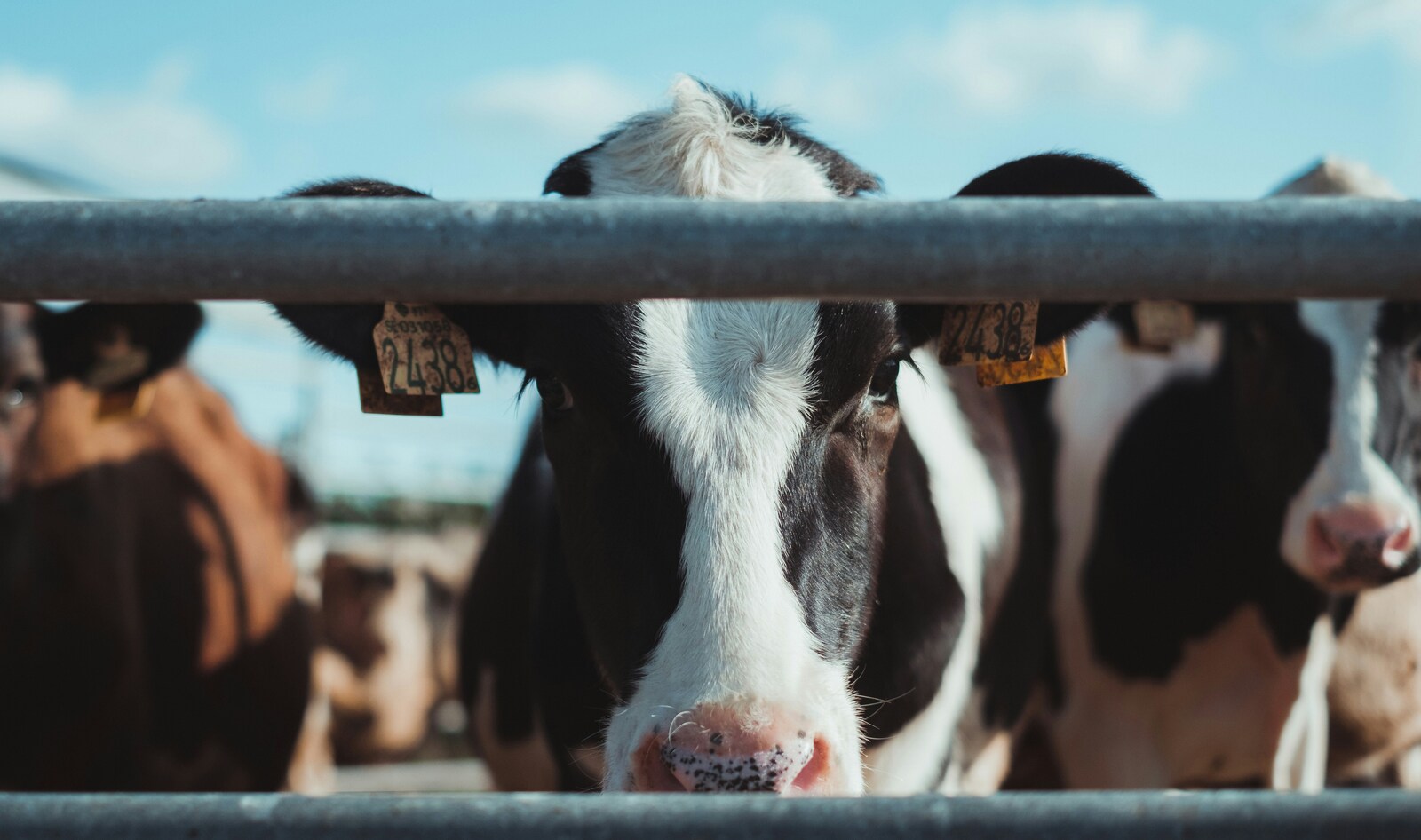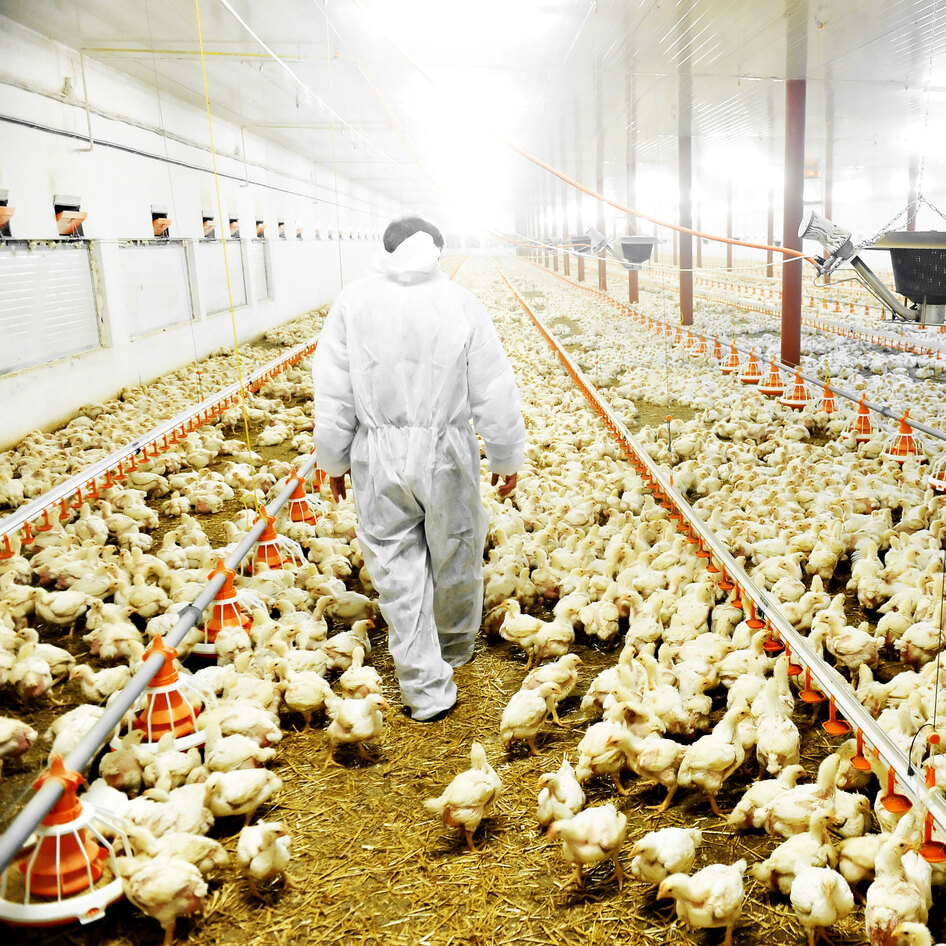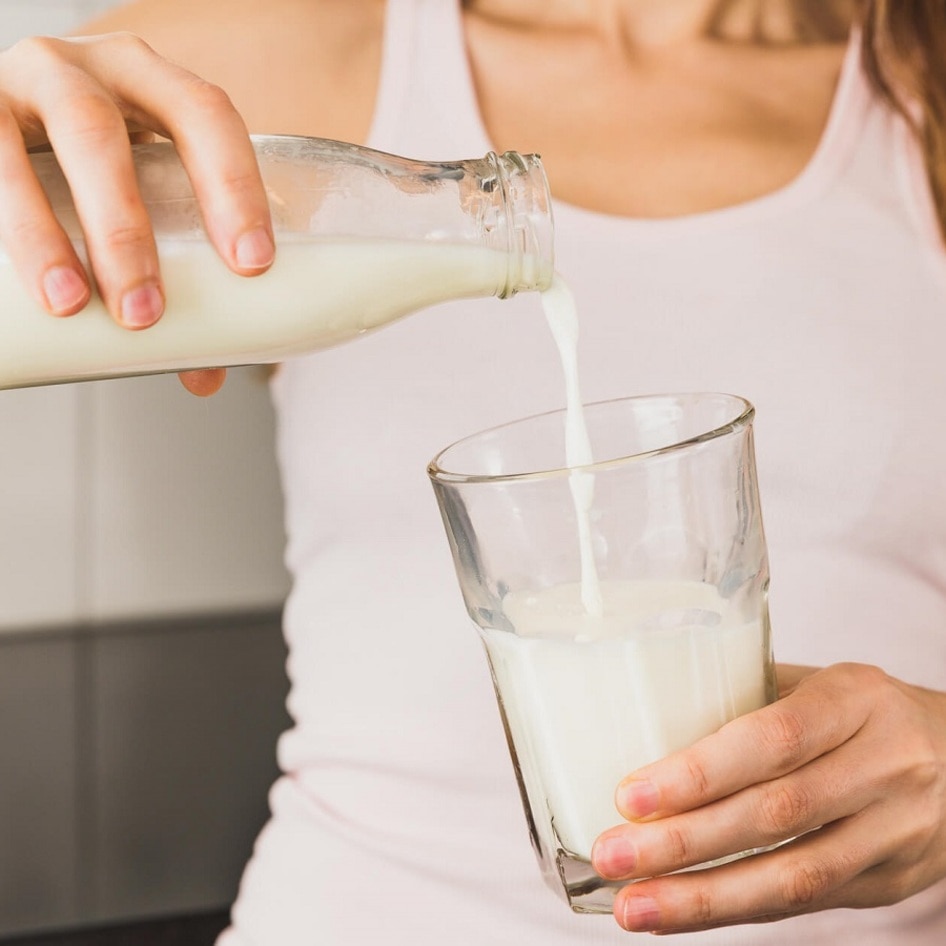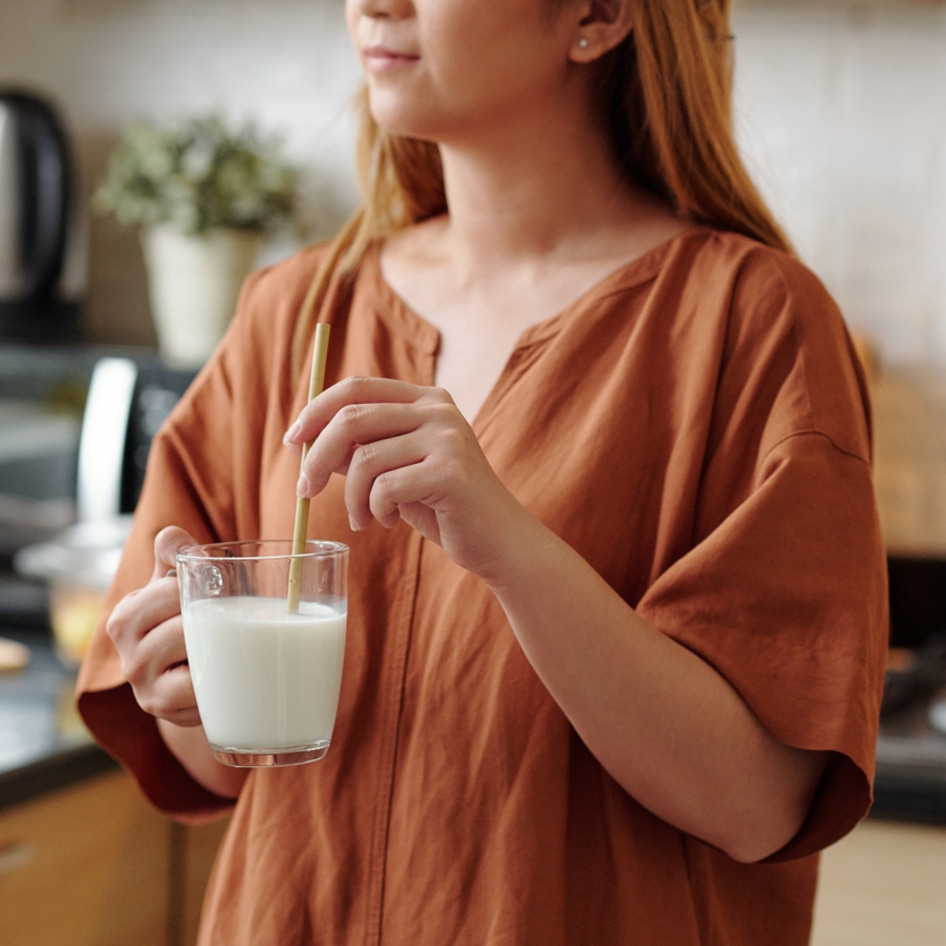The world has been battling a huge outbreak of bird flu for a few years now, but the situation seems to be getting worse. The virus’ risk to humans remains small, experts insist, but when it comes to the food supply, there are some concerns over contaminated cow’s milk, and potentially beef, too.
What is bird flu?
Bird flu—a highly infectious form of the influenza virus—has been around for decades, and for the most part, it has stayed limited to poultry and wild birds. The current strain of bird flu, called H5N1, has been around since the 1990s, but since 2021, a flare-up has spread beyond birds and infected animals like foxes, dolphins, cats, bears, mink, seals, and even polar bears.
But the virus’ latest target is potentially one of the most worrying yet. In the last few weeks, bird flu has been detected in cattle for the first time. Right now, it has been found in dairy herds across several states, including Kansas, Texas, Idaho, Michigan, New Mexico, and Ohio. At the moment, it is unconfirmed how the virus is spreading. It could be due to cows eating sick or infected birds, but experts have also noted that transmission between cows “cannot be ruled out.”
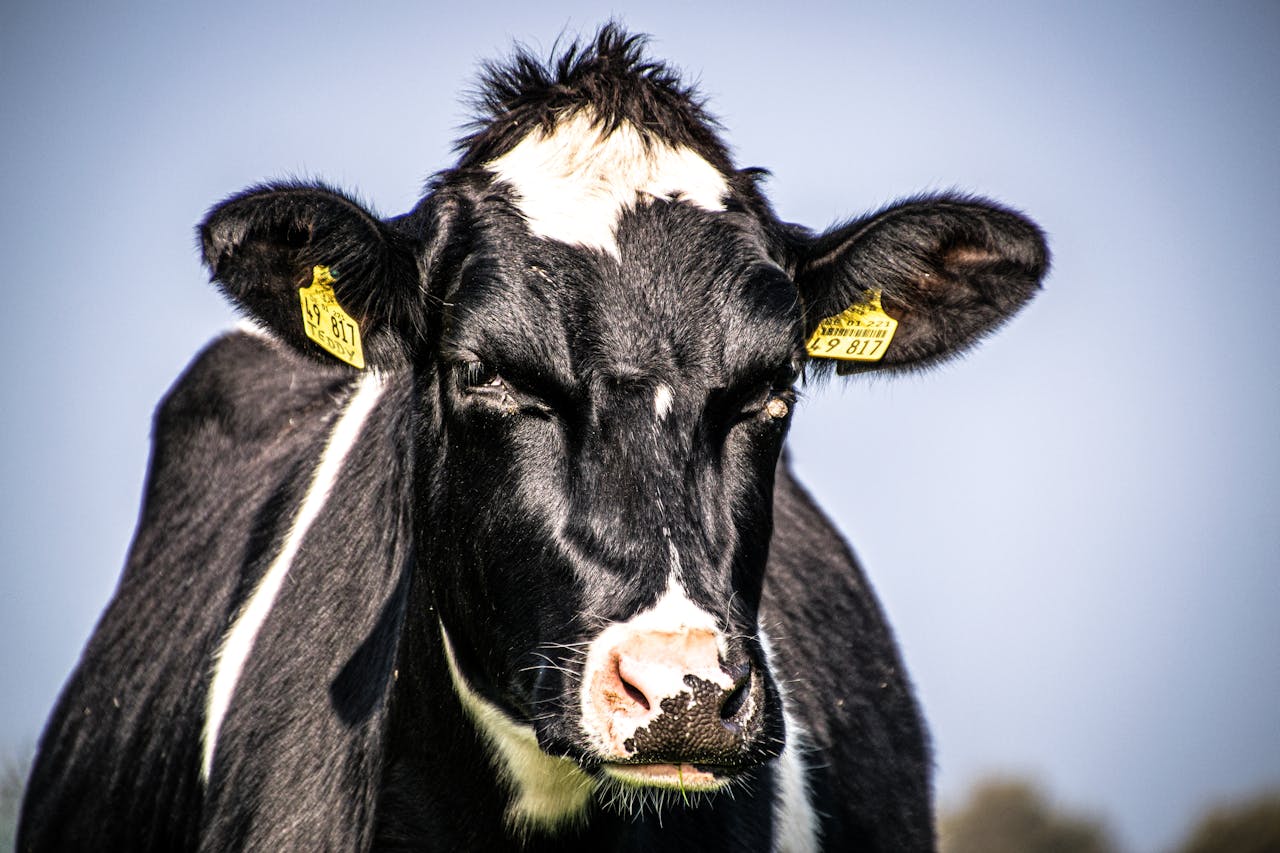 Pexels
Pexels
Could bird flu impact the food system?
Bird flu has already impacted the food system. Last year, egg shortages were reported all over the world, and they were, at least in part, due to bird flu outbreaks. At the same time, it was reported that more than 53 million birds had either died from the virus or culling in the US. More recently, Mississippi-based Cal-Maine Foods, the largest fresh egg producer in the US, halted production after bird flu was found in its chickens.
Now, it looks like the virus might impact the milk supply, too, but it’s important to note that the US government is urging against panic over milk products. However, A recent joint statement from the US Department of Agriculture (USDA), the Food and Drug Administration (FDA), and the Centers for Disease Control and Prevention (CDC) did note that all milk from affected animals is being destroyed so “it does not enter the human food supply.” It also reminded people of the dangers that may come from drinking any unpasteurized milk.
Milk produced by cows with bird flu doesn’t seem to look like ordinary milk. Reports state there is less of it than usual, and it is thicker and discolored. Experts agree with the government that cow’s milk is probably still safe to drink in the US, but nobody can say for certain, as this is brand new territory. In fact, many experts were not expecting bird flu to affect cows at all.
“The fact that [cows] are susceptible—the virus can replicate, can make them sick—that is something I wouldn’t have predicted,” Richard Webby, an influenza virologist at St. Jude Children’s Research Hospital in Tennesee, told The New York Times.
Gail Hansen, DVM, MPH, a veterinary public health expert and independent consultant, also told the publication that while she didn’t want people to stop drinking milk, she was worried that the government could be “overconfident in the face of so many unknowns.”
The virus hasn’t been detected in beef cattle, but it might be only a matter of time, and the potential alone could put some consumers off. According to Bloomberg, the outbreak is already affecting the beef market. It reported that the price of cattle futures, which are contracts to buy or sell cattle at a future date, dropped by 2.7 percent on Monday, April 1, after the news broke that a person in Texas had contracted the disease following an interaction with cows.
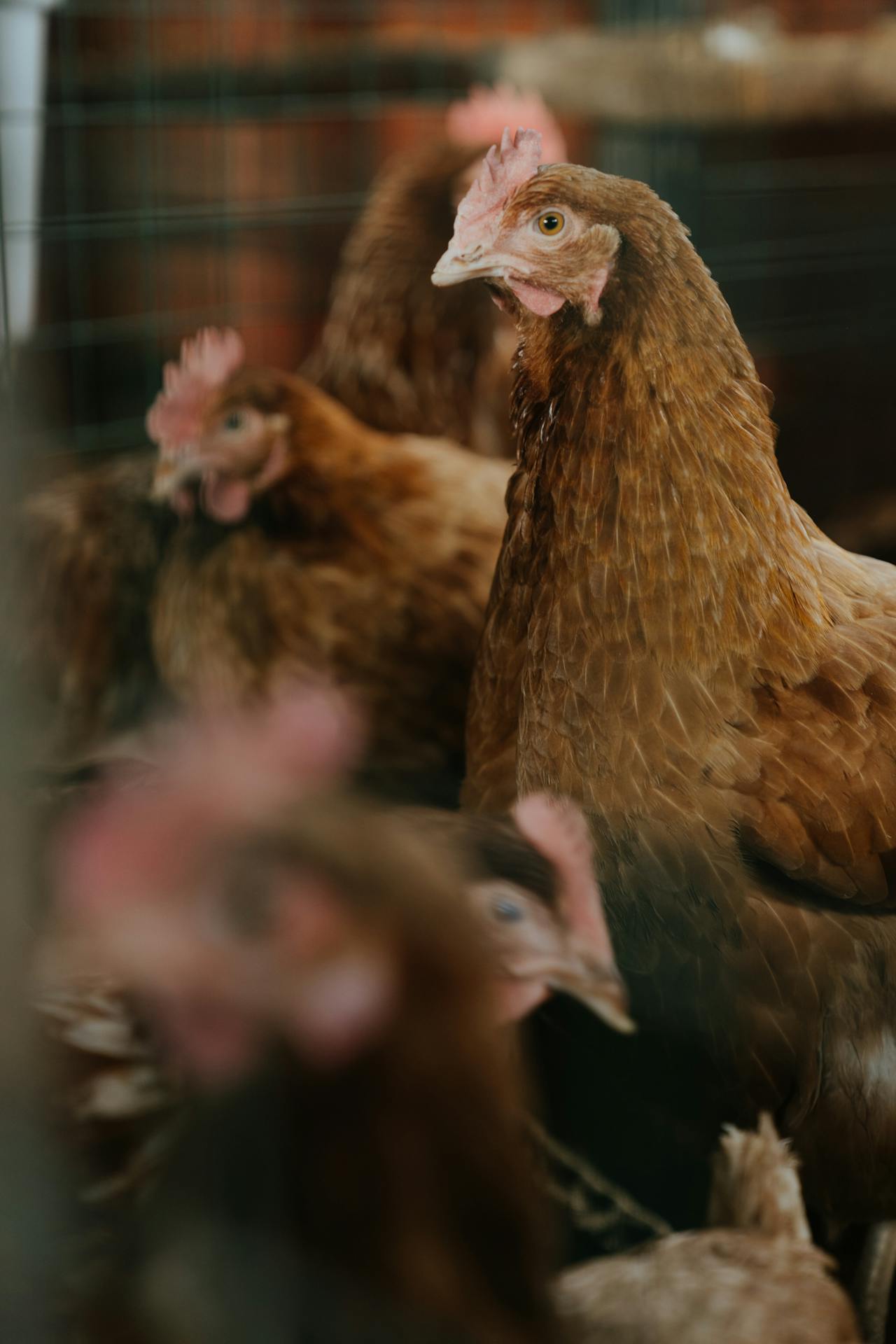 Pexels
Pexels
Can humans get bird flu?
Humans can get bird flu, but it seems that, right now, infection only occurs after contact with a sick animal. Two people in the US have contracted the disease since 2021, and neither reported serious symptoms. The individual in Texas is currently being treated with antiviral drugs, and their only current symptom is conjunctivitis.
At the moment, bird flu can’t pass from human to human. But viruses mutate, so experts are closely monitoring the situation. There is some concern that if human-to-human transmission of bird flu does occur, it could lead to another pandemic. According to The Washington Post, the US government is already preparing for the possibility of an outbreak of bird flu in humans, and, although it is not yet known if it will be needed, vaccine research is in the works.
Factory farming and bird flu
Some experts blame factory farming for the rising risk of bird flu. Most animal products in the US come from animals who were raised in industrialized, cramped conditions. On poultry farms, many birds have less than the size of an A4 sheet of paper to move around.
“The emergence of highly pathogenic avian influenza is linked to the intensification of the poultry sector,” Wendla Beyer, Policy Coordinator at international animal welfare organization Four Paws, said in a statement after the virus was confirmed in cats and dogs. “Intensive farming has accelerated the circulation and mutation of the virus and continues to do so.”
In 2021, amidst the COVID-19 pandemic, behavioral ecologist Aliza le Roux, PhD, also stressed concerns that the US food system could result in another pandemic and urged people to reconsider how they eat. “Our demand for meat is driving cheaper and less controlled agricultural practices,” she told Food Navigator. “[We are] cramming more animals into smaller spaces, feeding them less and less natural fodder.”
“If we could see eating meat as a ‘treat’ and not a daily ‘right,’ we can reduce pressure on the environment and reduce the speed at which another zoonotic virus can evolve,” she added.
For the latest plant-based news, read:
JUMP TO ... Latest News | Recipes | Guides | Health | Shop

